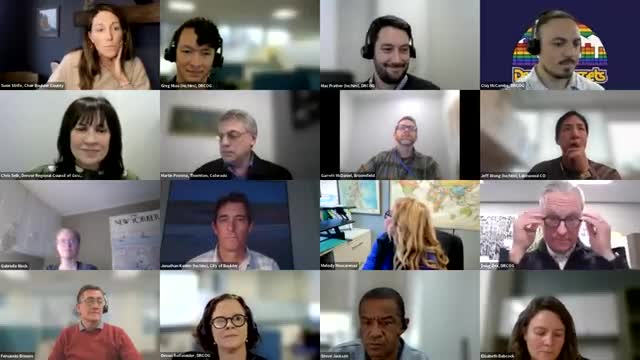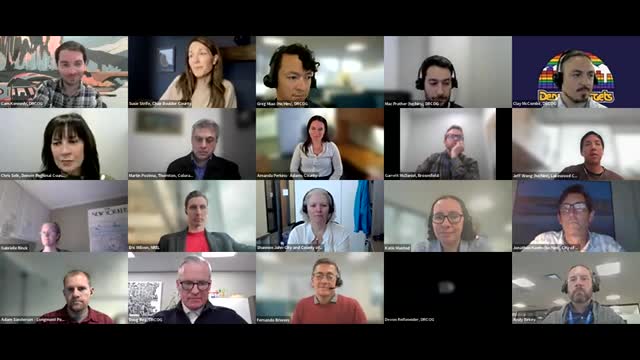Article not found
This article is no longer available. But don't worry—we've gathered other articles that discuss the same topic.

Regional agencies and utilities form Building Decarbonization Network to coordinate incentives, messaging and contractor supports

DRCOG decarbonization team announces hires and several vendor contracts including $6M pilot with VEIC

